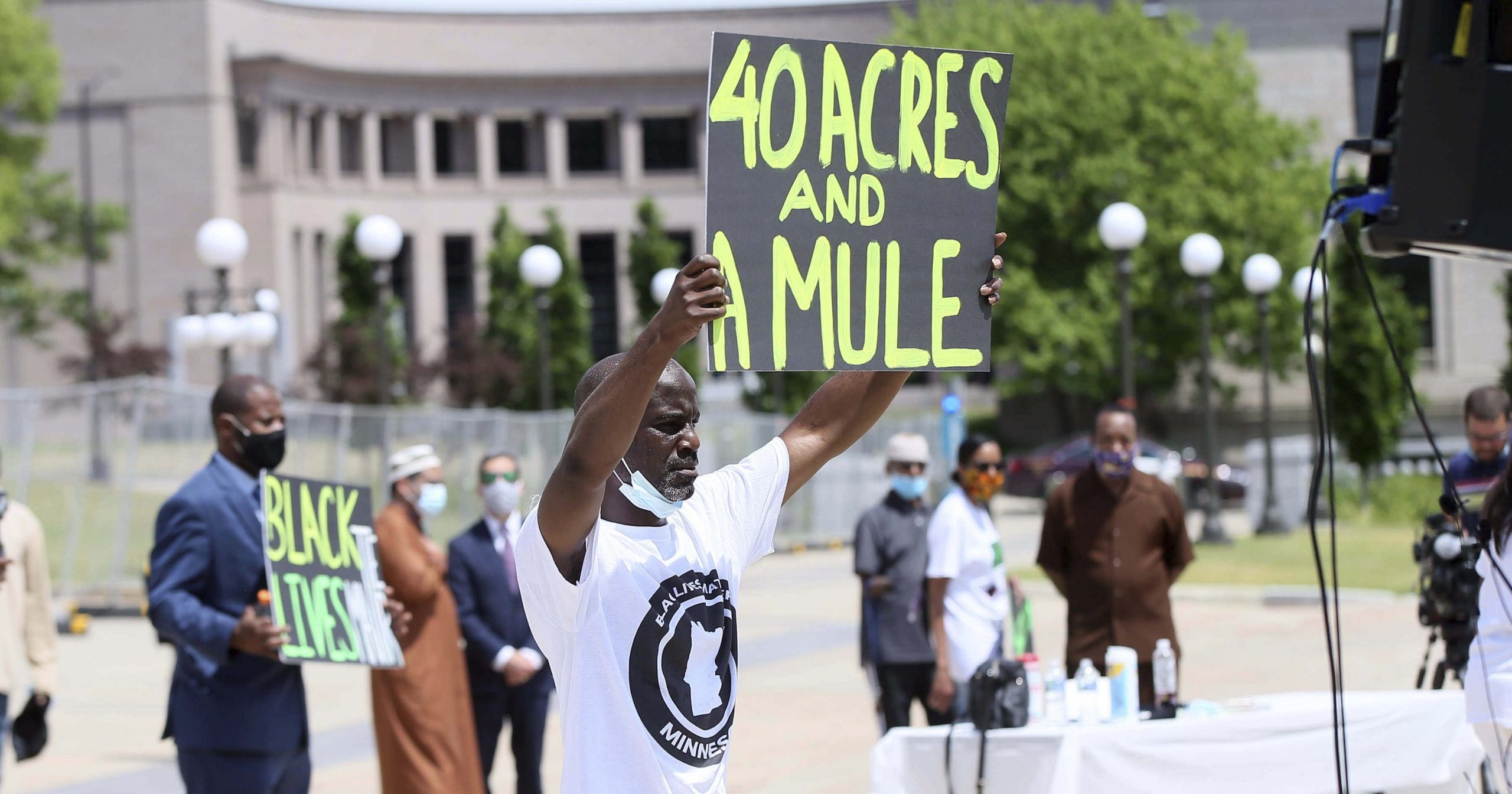
MN Legislature Ends Special Session Without Passing Police Reform Bill
A special session of the Minnesota Legislature ended Saturday without agreement on new policing legislation in the state where George Floyd was killed.
The Democrat-controlled House early Friday passed an extensive package of police accountability measures wrapped into one bill. It included elements of five policing bills that the Republican-controlled Senate passed earlier in the week but went farther than Republicans were willing to accept.
The Senate adjourned just after 6 a.m. Saturday, prompting criticism from minority Democrats.
GOP Senate Majority Leader Paul Gazelka repeatedly had said that Friday was his deadline for adjournment, and that lawmakers should focus on proposals both parties can support.
“We’re not walking away from Minnesota here, but I think we could all benefit from a breather,” Gazelka said just before adjournment, Minnesota Public Radio News reported.
“I’m deeply disappointed that Senate Republicans ended the special session before our job was done,” Senate Minority Leader Susan Kent tweeted. “We should stay and finish the work of the people of Minnesota.”
I’m deeply disappointed that Senate Republicans ended the special session before our job was done. We should stay and finish the work of the people of Minnesota. #mnleg https://t.co/KOEITejWl3
— Sen. Susan Kent (@SusanKentMN) June 20, 2020
The special session was called in order for Democratic Gov. Tim Walz to extend emergency pandemic powers, but Floyd’s May 25 death put the main focus on proposals to change policing in Minnesota.
The two parties could not agree on how wide-ranging those changes would be.
“We have gone through some of the most tumultuous times in Minnesota’s history,” Walz said Friday on public television. “And I think there’s a desire of folks here to seize that moment and make those systemic changes.”
The House package included several proposals that Republicans ruled out, including having the state attorney general prosecute all police-involved deaths and restoring voting rights for felons.
The Senate package consisted of five proposals that partially overlapped with House proposals, including banning the use of chokeholds and neck restraints, mandating a duty for officers to intervene and report when they witness another officer using excessive force, and providing help for officers recovering from traumatic events.
The two parties also remained divided on the main unfinished business of the 2020 regular session, a public construction borrowing package known as a bonding bill which could have included money for rebuilding neighborhoods in Minneapolis and St. Paul where businesses were damaged and destroyed in the riots following Floyd’s death.
Other unresolved issues included a potential tax break that could have benefited businesses seeking to rebuild and the allocation to local governments of the $2.1 billion in federal coronavirus relief money that the state received.
Lawmakers may return in mid-July. If Walz seeks to extend his emergency powers an additional 30 days, he’s required to call another special session on July 12 to let lawmakers object.
House Democrats blocked a Senate GOP attempt last week to remove the governor’s emergency authority.
The Western Journal has reviewed this Associated Press story and may have altered it prior to publication to ensure that it meets our editorial standards.
Truth and Accuracy
We are committed to truth and accuracy in all of our journalism. Read our editorial standards.
Advertise with The Western Journal and reach millions of highly engaged readers, while supporting our work. Advertise Today.












